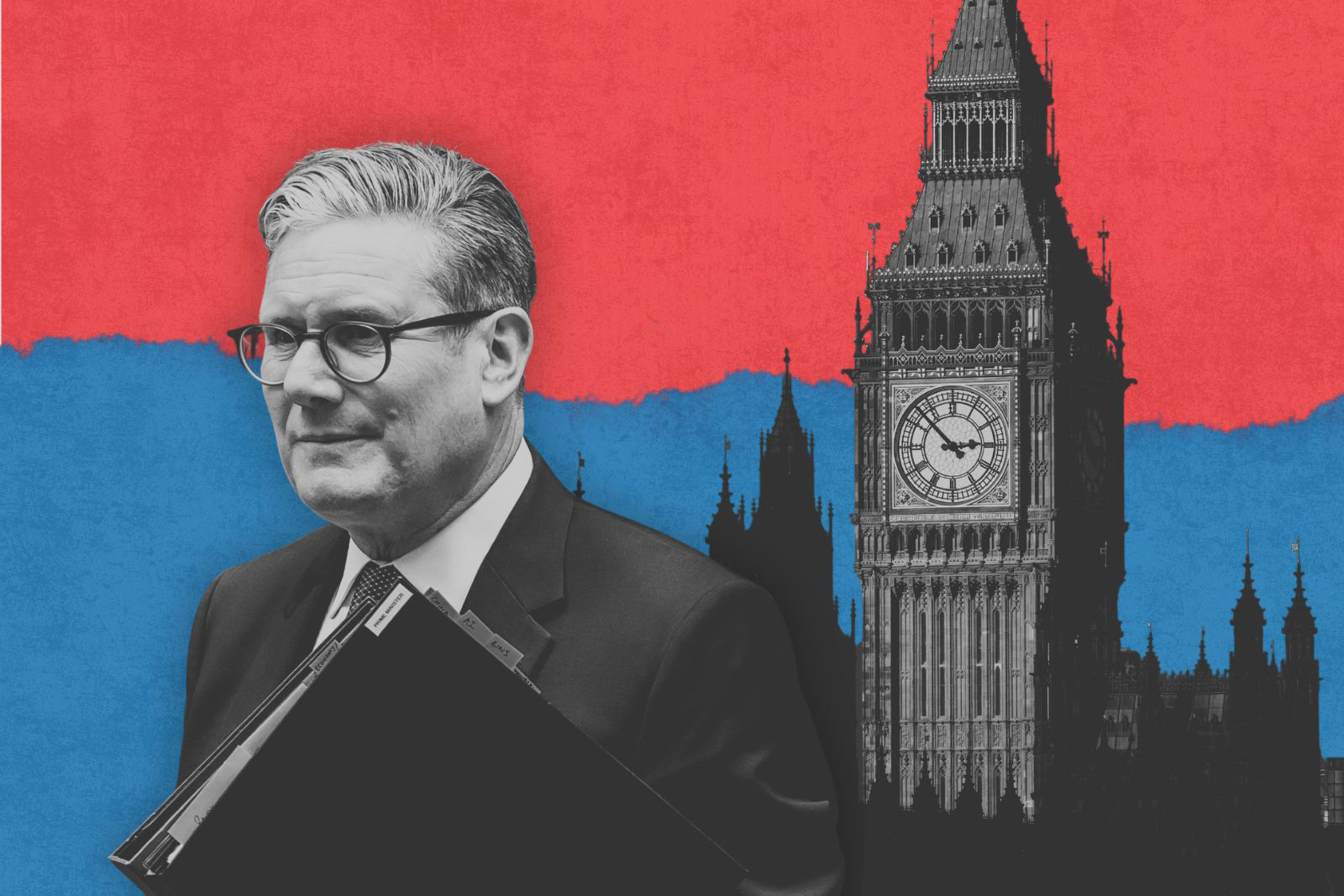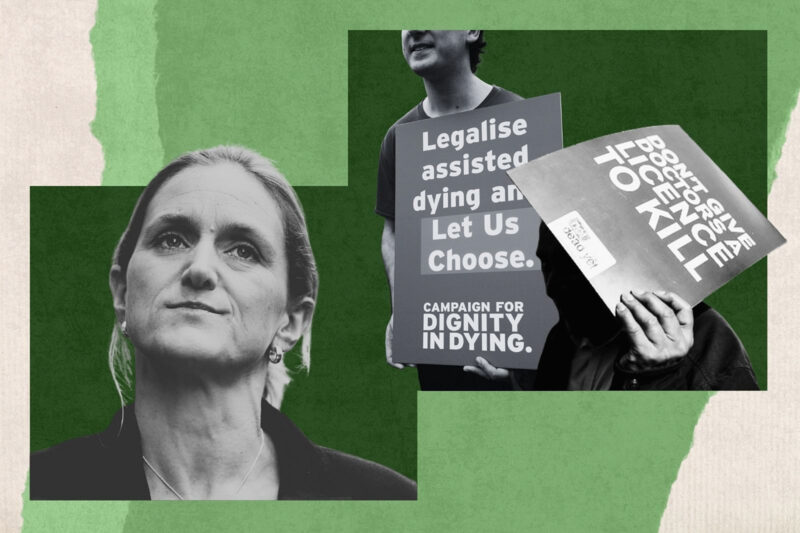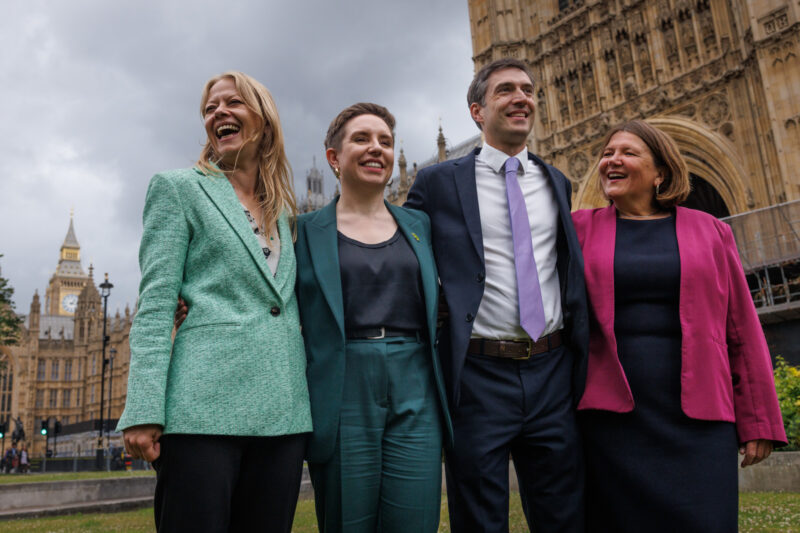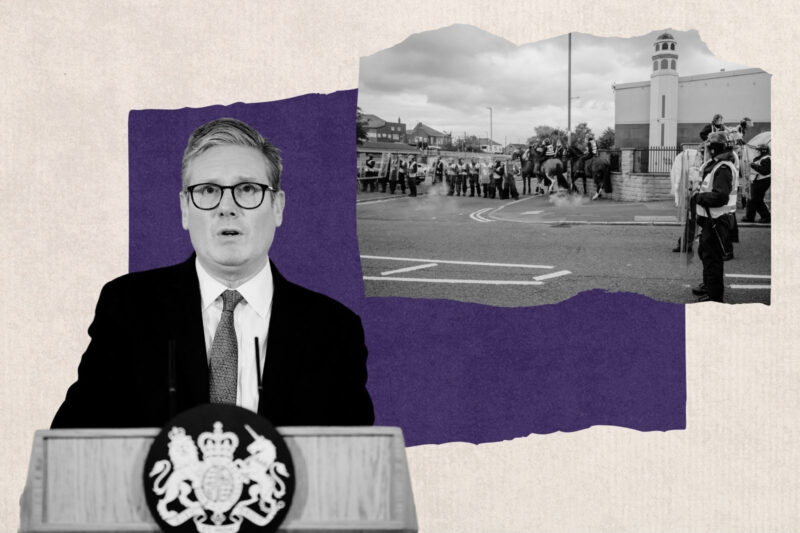Welfare vote rebellion threatens Starmer’s hold on his party

Next week’s vote on a controversial plan to cut £5bn from disability and sickness benefits is proving to be a moral red line for many Labour MPs
Governing is never easy and the Labour party is finding that out the hard way. Just a year on from their historic election landslide, Keir Starmer’s government is being dragged into one of its most bruising political battles yet with the threat of potentially losing a major parliamentary vote.
A 156-seat majority might look invincible on paper but it’s proving no shield against the rising rebellion on Labour’s own benches, as the government tries to get its welfare reforms through the House of Commons. At the centre of the row is a controversial plan to cut £5bn from disability and sickness benefits by 2030. In total, up to 3m people may be affected but the most contested element is a proposed overhaul of personal independence payments (Pip), which could see 370,000 current claimants lose access altogether.
The government insists the policy is about “fixing a broken system”, but that argument is failing to win over a growing number of Labour MPs. More than 100 have now signed an amendment that, if passed, could derail the entire bill. If opposition parties vote with the rebels, Labour could face the unthinkable: losing a major vote in the Commons, despite its commanding majority.
But for many Labour MPs this is more than a tough spending decision, it’s a moral red line. One Labour MP told me: “I can’t support a policy that targets the most vulnerable in society. It’s just not very Labour.” Another said: “This isn’t just bad politics, it’s wrong.”
Still, Starmer remains resolute. He has vowed to “press ahead” with the reforms, while Downing Street continues to argue the overhaul is long overdue. Yet behind the scenes, Westminster is on edge. Speculation is rife that next Tuesday’s vote could be turned into a de facto confidence motion, though No 10 has strongly denied this. Regardless, the stakes are enormous, and ministers are scrambling to contain the fallout.
Liz Kendall, the work and pensions secretary spearheading the policy, has been meeting concerned MPs in person. Meanwhile, senior cabinet figures have been making calls around the parliamentary party, trying to hold the line. But despite these efforts, the rebellion is growing and time is running out.
At its core, the government is facing a cold, unforgiving numbers game. The planned £5bn in savings by 2030 is central to the Treasury’s strategy. If ministers retreat from the cuts to disability benefits, they’ll need to find that money elsewhere, a challenge made even harder by the winter fuel U-turn earlier this year. That U-turn also leaves little room to move as Starmer can ill afford to look weak again, changing his mind on another policy that his backbenchers disagree on. But pressing on and potentially losing the vote would be politically devastating.
MPs I talk to tell me the way the government handled the winter fuel payment cut is exactly why these changes need to be made now. Many had been against scrapping the winter fuel payment from the start, aware that the policy was deeply unpopular with the public. They argue it took the government a while to catch up and that cutting disability benefits will follow the same pattern.
The picture for the government ahead of the vote is further complicated by the fractures within the Conservative party. At a recent shadow cabinet meeting, senior Tories appeared split. Some support the idea of welfare cuts in principle, while others see an opportunity to inflict a painful defeat on Labour. Tory leader Kemi Badenoch has offered conditional support: her party would back the bill if Labour agrees to reduce the welfare budget, encourage people back into work, and, crucially, pledge not to raise taxes. That last demand could be a sticking point and might prove very difficult for Labour to commit to. Irrespective though, the optics of Labour relying on Tory votes to pass a flagship policy while more than 100 of their own MPs rebel only further highlights the extent of the problems facing the government.
And so the question lingers: how many Labour rebels are truly prepared to defy the party whip? As someone who has reported on Westminster for several years I can tell you that some MPs use their support for certain amendments as leverage for unrelated negotiations. Others, when push comes to shove, bow under pressure and choose not to vote against their government, fearful of the consequences on their careers and the government.
If however the rebellion holds and the opposition unites, the bill could be dead in the water. If that happens, it won’t just be a legislative setback, it could very easily be a moment that reshapes the narrative of Starmer’s leadership. The prime minister who promised stability and competence would suddenly find himself fighting for control of his own party, knowing that his huge majority isn’t enough to guarantee his legislative agenda can get through the Commons.
Tuesday’s vote is therefore one to certainly keep an eye on, so buckle up. The next few days could be a historic turning point in Starmer’s time in office.
Shehab Khan is an award-winning presenter and political correspondent for ITV News.
 Newsletter
Newsletter















